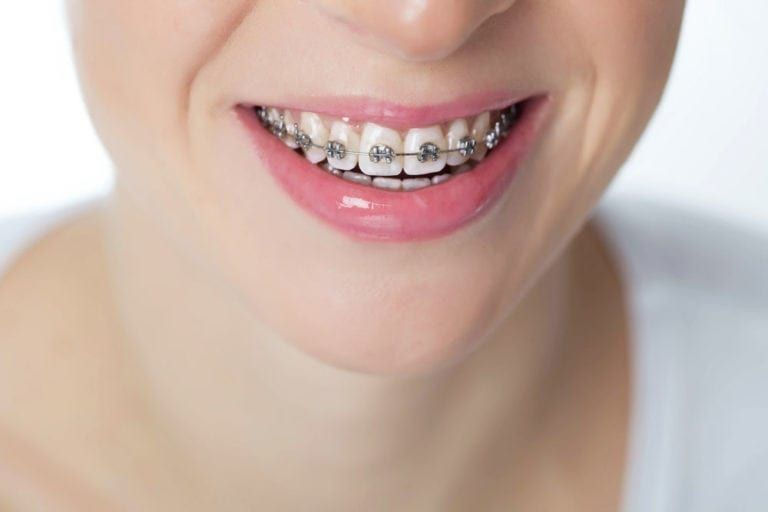When Do You Really Need a Tooth Pulled?
- dclinicdubai
- Jun 23, 2025
- 3 min read
Knowing when a tooth needs to be pulled can be confusing for many people, especially when dealing with dental pain or damage. In Dubai, professional dentists offer expert advice and services, including Dental Extractions in Dubai, to ensure that patients receive the appropriate treatment tailored to their needs. This article helps you understand the common reasons for tooth extraction and when it is truly necessary to have a tooth removed.

Common Signs That Indicate a Tooth May Need to Be Pulled:
Certain symptoms and dental conditions strongly suggest that a tooth extraction might be the best course of action. Watch for these warning signs:
Severe tooth decay that has destroyed most of the tooth structure.
Persistent toothache caused by infection or abscess.
Swollen gums or pus around a tooth indicating infection.
Loosened tooth due to advanced gum disease.
Impacted wisdom teeth causing pain, swelling, or crowding.
Teeth that have broken below the gum line or have irreparable fractures.
Overcrowded teeth interfering with proper alignment or orthodontic treatment.
Reasons Why Dentists Recommend Tooth Extraction:
Tooth extraction is often considered a last resort but may be necessary to protect oral and overall health. Dentists typically recommend extraction under these circumstances:
Preventing the spread of infection from an abscessed tooth.
Preparing the mouth for orthodontic treatment by removing crowded teeth.
Eliminating teeth that cause bite problems or jaw pain.
Managing teeth damaged beyond repair from trauma or decay.
Removing impacted wisdom teeth that cannot erupt properly.
Avoiding complications such as cysts or tumors associated with problematic teeth.
Types of Tooth Extraction Procedures:
Understanding the type of extraction you may undergo helps reduce anxiety and prepares you for the process. The two main types include:
Simple Extraction: Performed on teeth visible above the gum line, using local anesthesia and dental tools to loosen and remove the tooth.
Surgical Extraction: Needed when teeth are impacted or broken below the gum line, involving incisions and sometimes removal of bone. Usually done under local or general anesthesia.
What to Expect During a Tooth Extraction:
Dental extractions are performed by skilled dentists or oral surgeons with patient comfort as a priority. The procedure generally involves:
Administration of anesthesia to numb the area.
Loosening the tooth with specialized instruments.
Removing the tooth carefully to avoid damage to surrounding tissues.
Cleaning the socket and, if needed, placing stitches.
Applying gauze to control bleeding and promote clot formation.
Risks and Complications Associated with Tooth Extraction:
Like any medical procedure, tooth extraction carries some risks. Being aware of possible complications helps you take preventive measures:
Dry socket, where the blood clot dislodges and exposes bone, causing pain.
Infection at the extraction site.
Prolonged bleeding or swelling.
Damage to nearby teeth or nerves, though rare.
Delayed healing in patients with certain medical conditions.
How to Prepare for Your Tooth Extraction:
Proper preparation helps ensure a smooth procedure and faster recovery. Before your extraction, consider the following:
Inform your dentist about any medical history, allergies, or medications.
Avoid eating or drinking if sedation or general anesthesia is planned.
Arrange for someone to drive you home if necessary.
Plan for rest and easy-to-eat foods after the procedure.
Follow all pre-procedure instructions from your dentist.
Post-Extraction Care Tips for Faster Healing:
Taking good care of your mouth after the extraction is essential for recovery and avoiding complications. Key care tips include:
Bite gently on gauze to control bleeding.
Avoid rinsing or spitting vigorously for 24 hours.
Refrain from smoking and using straws to prevent dry socket.
Stick to soft foods and avoid hot or spicy meals.
Maintain oral hygiene carefully without disturbing the extraction site.
Use prescribed medications as directed by your dentist.
Alternatives to Tooth Extraction:
In some cases, dentists may offer alternatives to pulling a tooth, aiming to save the natural tooth when possible:
Root canal therapy to treat infection or nerve damage.
Crowns or fillings to restore decayed or fractured teeth.
Orthodontic treatment to manage crowding without extractions.
Periodontal therapy to control gum disease and stabilize loose teeth.
However, if these treatments cannot restore function or health, extraction remains the safest option.
Final Thoughts:
Knowing when a tooth needs to be pulled is essential for maintaining your oral health and overall well-being. With advances in dental care and access to experienced professionals offering Dental Extractions in Dubai, patients can receive expert guidance and treatment tailored to their individual needs. Always consult a qualified dentist to evaluate your condition thoroughly and discuss all treatment options before deciding on tooth extraction. Proper care before, during, and after the procedure can ensure a smooth recovery and long-term dental health.


Comments